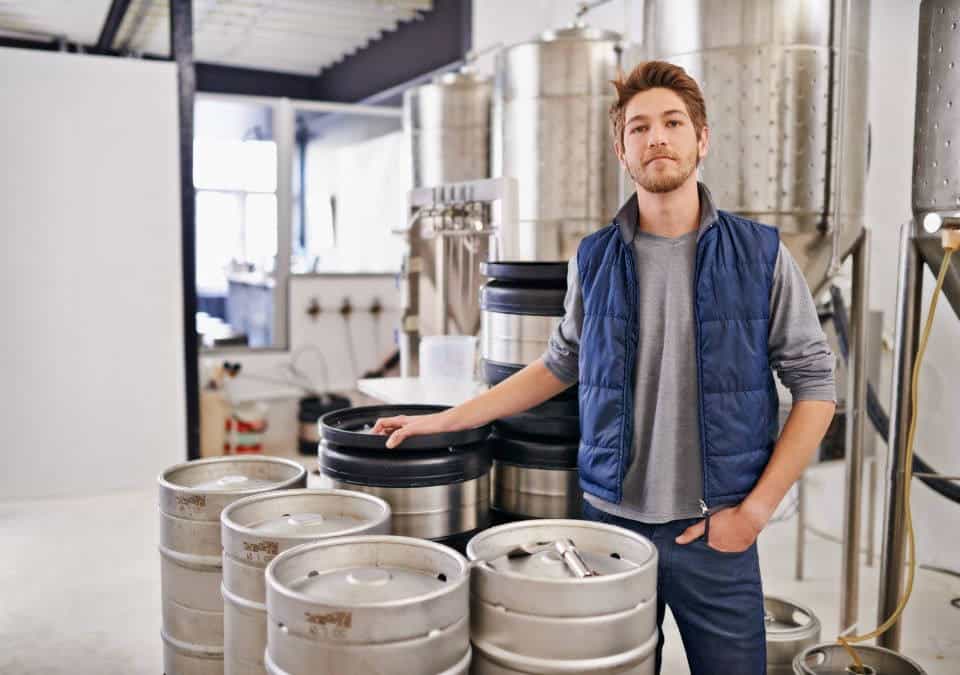The COVID-19 lockdown has forced many of us to take up new hobbies and passions, some we think may even be profitable. Notably, many have turned to home brewing and distilling beer and spirits. The natural progression, of course, is wanting to sell these beverages online or out of garages. However, many talented new brewers fail to consider the correct licencing laws and regulations required to sell alcoholic beverages to the public. This has recently led to many aspiring brewers facing harsh fines and brewing shutdowns.
The Liquor Act 2007
Alcoholic beverages cannot just be brewed then sold to your friends, neighbours, or the public. The Liquor Act 2007 (NSW) restricts who can sell what, where and when. If you are an aspiring microbrewer or distiller, it is essential to consider which of the several licences available under the Act is the best fit for you and why you need to apply for that license. Here, we will discuss the two most relevant licences for small start-up brewers and distillers.
Packaged Liquor Licence
Division 5 of the act introduces the Packaged Liquor Licence. This licence will allow you to sell alcohol to the public where it must be consumed away from the licenced premises. A licence holder can also sell their alcoholic products by wholesale to a licensed premises. A benefit of the licences is that a customer will be allowed to consume alcohol while on the licenced premises but only for the purpose of testing the product. Otherwise, this licence does not allow for any on-site alcohol consumption. Therefore, if you are looking to sell your new brews online or to those walking past your place of business, this may be the licence for you.
Producer/Wholesaler Licence
Division 6 of the act explains the producer/wholesaler liquor licence. This licence is more focused on the wholesale of your alcoholic products and may be suited to the brewer with aspirations for the growth of your business. The producer/wholesaler licence is similar to the packaged liquor licence in that it allows for the sale of goods to the public and at wholesale to businesses. However, the licence also allows you to sell your products at events such as liquor industry shows, farmers’ markers or fairs.
Other Considerations
It must be noted that applying for a liquor licence is not a simple process. It requires a lot of information such as floor plans and proof of development approval or consent for the premises you will be working from. You will also need a responsible service of alcohol qualification and a current national police certificate. The fees payable for all these requirements can add up quickly and turn many away. Therefore, you should be fully aware of what you require to get your brewery or distillery legally up and running and what license would best suit you and your aspirations.
If you need assistance give us a call on 02 88583211.
NB: Nicholas Fisher is an intern at law under the supervision of Katherine Hawes, the Principal Solicitor of Digital Age Lawyers.


